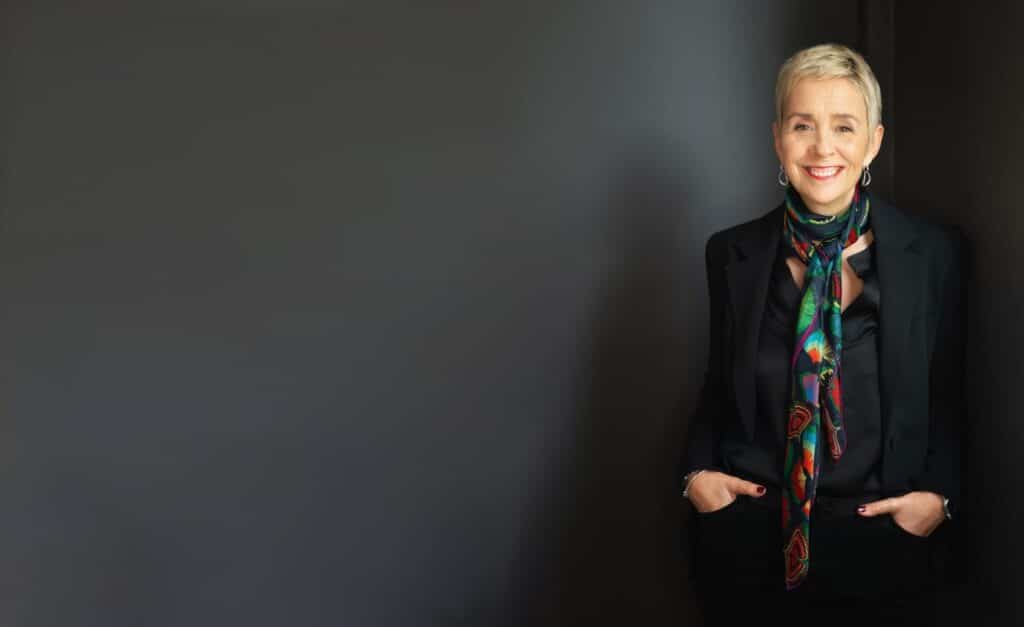Amid the early breakfasts, the purple cupcakes and the morning teas, you’ll hear people talking about the 2024 International Women’s Day theme “Count Her In: Invest in Women. Accelerate Progress.”
On International Women’s Day we talk about the importance of equal economic inclusion and participation. Rightly so, as the latest Workplace Gender Equality (WGEA) report has shown the gender pay gap is at 19per cent, and this gender pay gap is costing the Australian economy $51.8 billion a year.1
There is no question; we need to address gender inequality. However we must also accelerate progress to end domestic, family and sexual violence.
As Prime Minister Anthony Albanese said in his address at the UN Women Australia IWD Parliamentary Breakfast last month, reflecting on gender equality – “even as we welcome this progress, gender equality does not safeguard against family violence on its own.” This week the Minister for Women and Finance Katy Gallagher launched Working for Women: A Strategy for Gender Equality, identifying gender based violence as a top priority area for action. The strategy recognises that there is an urgent need for change, with persistently high rates of gender-based violence across Australia.
We cannot ‘invest in women’ without addressing the violence women are experiencing. We cannot ‘accelerate progress’ when systems and services are failing women who experience domestic, family and sexual violence. We cannot ‘count her in’ when we are counting more and more women who have been murdered, gone missing or committed suicide as a result of domestic, family or sexual violence each year.
As Australia’s first Domestic, Family and Sexual Violence Commissioner I have spent my time since my appointment more than a year ago, talking with thousands of people across Australia, people directly impacted by family, domestic and sexual violence, service and community leaders, frontline workers, subject-matter experts. I have heard from our front line services and police that they are becoming increasingly overwhelmed; that the volume and complexity of cases they are responding to is growing.
For Australian women aged 18-44, intimate partner violence is the leading contributor to death, disability and illness. ABS data tell us that one in five women have experience sexual violence, but longitudinal health data published by ANROWS has shown that for those born between 1989-1995 it’s more like one in two women. That is – half of the young women in our country aged between 35 and 29 years have experienced sexual violence.
There can be no denying that in Australia, and globally, we are facing a growing domestic, family and sexual violence crisis.
How can we ever achieve gender equality until we address – and end – the single biggest preventable risk factor that women face?
If we are truly to invest in women in Australia, then we must focus and urgently coordinate our efforts to end domestic, family and sexual violence. The National Plan to End Violence Against Women and Children 2022-2032 provides the blueprint to do just that, and our governments have made significant investment in this plan, but we have a long way to go if we are to achieve the goal of ending violence in a generation.
Later this year I will be making my first yearly report to Parliament on the progress of the National Plan. This report will review where we currently are and what is needed, drawing on the best available expertise and data to fight this challenge. We must recognise that there are diverse drivers and experiences of violence, and different needs across communities. To accelerate progress we must to listen to the wisdom of people with direct lived experience of gender-based violence and their perspectives on our systems responses – what is working, what is not and were the gaps are.
We know that ending domestic, family and sexual violence is an incredibly complex challenge, but if we are committed to a community in which everyone feels safe and equally valued, then it must be a top priority for us all.

